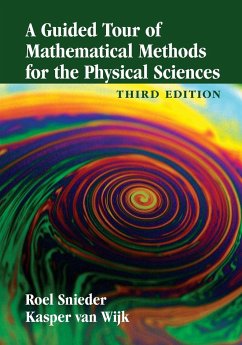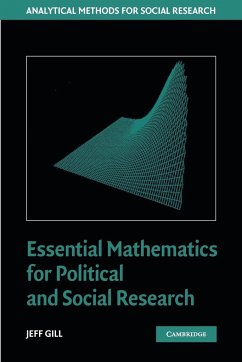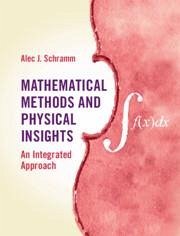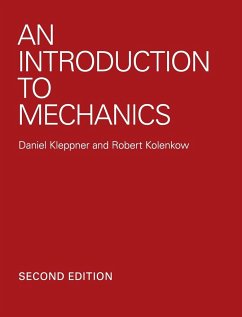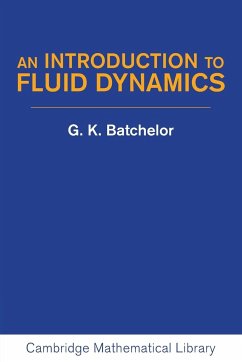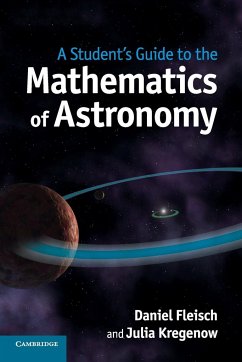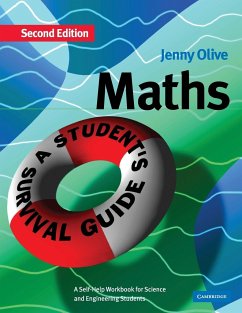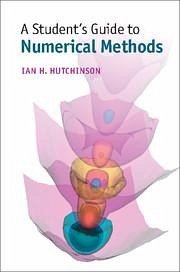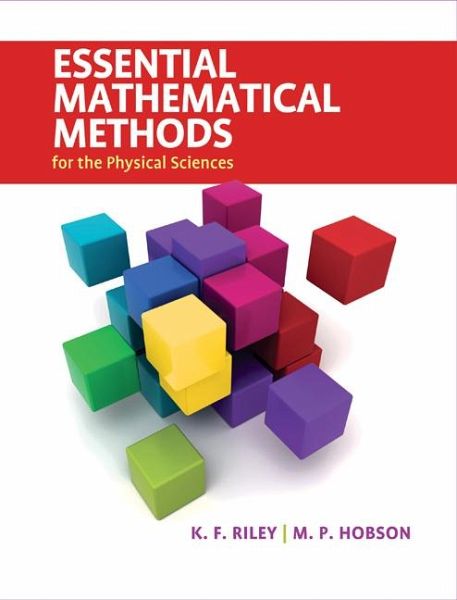
Essential Mathematical Methods for the Physical Sciences
Versandkostenfrei!
Versandfertig in 1-2 Wochen
86,99 €
inkl. MwSt.
Weitere Ausgaben:

PAYBACK Punkte
43 °P sammeln!
The mathematical methods that physical scientists need for solving problems are clearly set out in this tutorial-style textbook. It develops problem-solving skills through hundreds of worked examples, self-test questions and homework problems. Solutions to odd-numbered problems are given in a Student Solutions Manual, with all solutions available at www.cambridge.org/essential.





